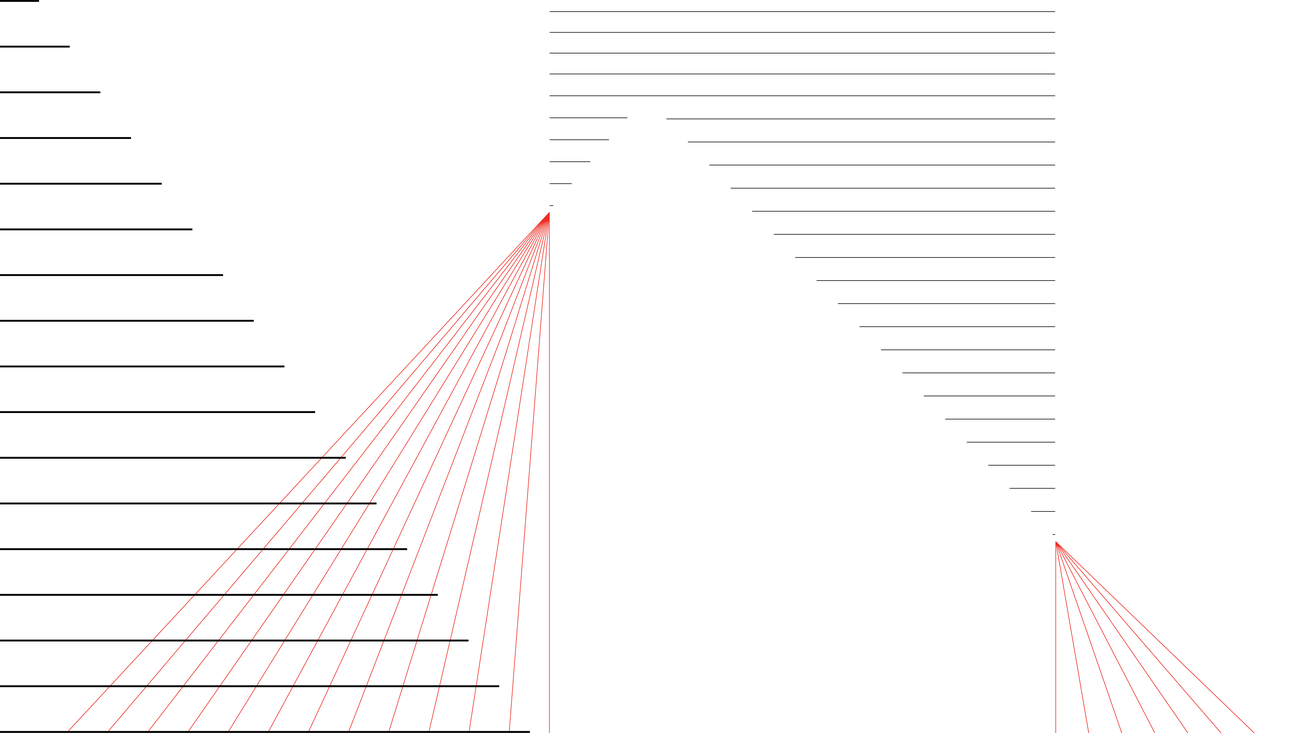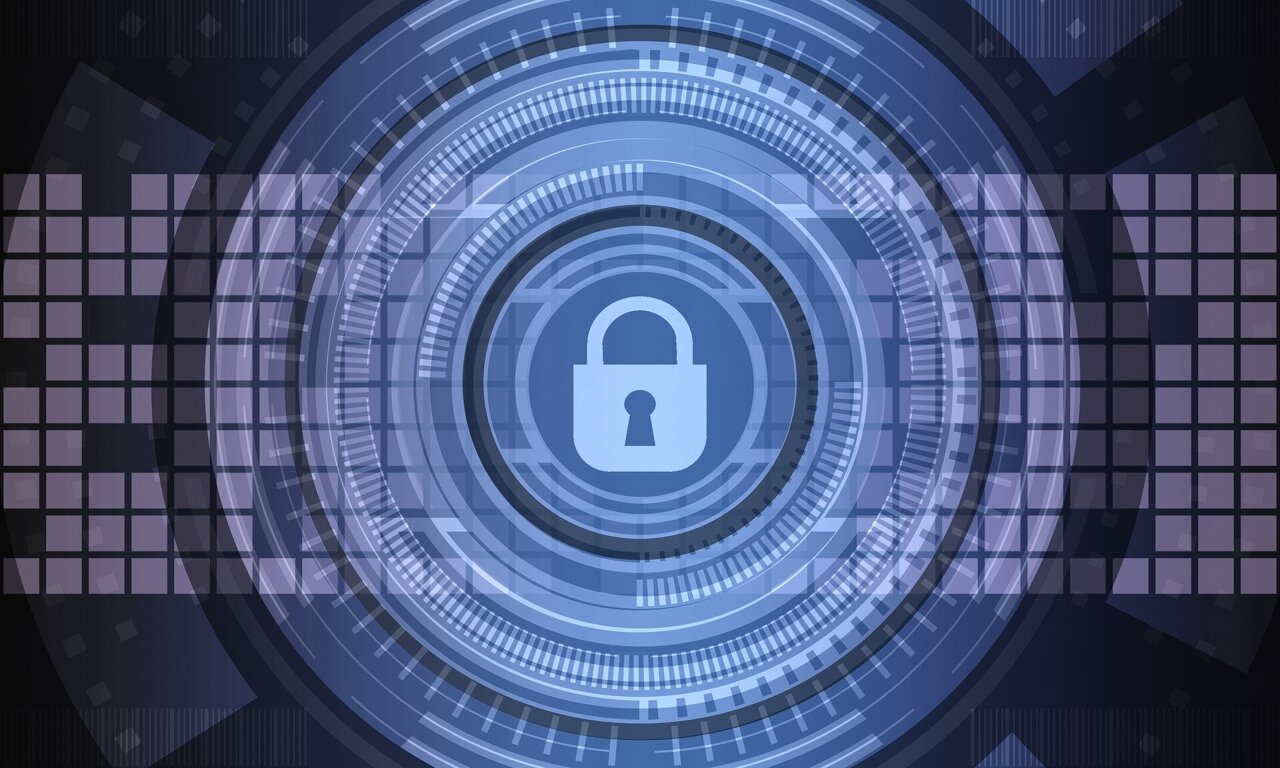Through the AI Cyber Defense Initiative, we are continuing our investment in infrastructure prepared for artificial intelligence (AI), introducing new tools for defenders, and launching fresh research and AI security training. These initiatives aim to support AI in securing, empowering, and advancing our shared digital future.
1. Enhancing Security. We believe that AI security technologies, similar to other technological advancements, must prioritize security from the outset to avoid exacerbating the Defender’s Dilemma. As part of this commitment, we have initiated the Secure AI Framework to facilitate collaboration on securing AI systems. To further promote a secure AI ecosystem:
- Ongoing investments are being made in our secure, AI-ready global data center network to expand access to new AI innovations for public sector entities and businesses of all sizes across various industries. By the end of 2024, we will have injected over $5 billion into data centers in Europe, ensuring secure and reliable access to diverse digital services, including advanced generative AI capabilities like the Vertex AI platform.
- We are introducing a new cohort of 17 startups from the UK, US, and EU as part of the Google for Startups Growth Academy’s AI for Cybersecurity Program. This initiative aims to enhance the transatlantic cybersecurity landscape by providing internationalization strategies, AI tools, and the necessary expertise to utilize them effectively.
2. Empowerment Through Governance. The decisions made today regarding AI governance have the potential to impact the cyberspace landscape in unforeseen ways. It is crucial to adopt a balanced regulatory approach to AI usage and adoption to prevent a scenario where attackers have the upper hand over defenders. By making targeted investments, fostering partnerships between industry and government, and implementing effective regulatory frameworks, organizations can harness the full potential of AI while minimizing its utility to malicious actors. To empower defenders in this ongoing battle:
- We are expanding the Google.org Cybersecurity Seminars Program, initially introduced at GSEC Malaga, to encompass all of Europe. This program, featuring AI-centric modules, aims to assist universities in training the next generation of cybersecurity professionals from underserved communities.
- The release of Magika, an AI-powered tool, is aimed at assisting defenders in file type identification, a critical aspect of malware detection. Magika is currently utilized to enhance the security of products such as Gmail, Drive, and Safe Browsing, as well as by the VirusTotal team to create a safer digital environment. Compared to traditional file identification methods, Magika offers a 30% increase in accuracy and up to 95% higher precision in identifying challenging content like VBA, JavaScript, and Powershell.
3. Promoting Advancements. We are dedicated to supporting research efforts that drive breakthroughs in AI-powered security. To bolster this initiative, we are announcing $2 million in research grants and strategic partnerships to strengthen cybersecurity research endeavors leveraging AI. This includes enhancing code verification, exploring the role of AI in cyber offense and defense strategies, and developing robust large language models resilient to threats. These grants support researchers at esteemed institutions such as The University of Chicago, Carnegie Mellon, and Stanford, building upon our previous commitment of $12 million to the New York research system last year.
The AI revolution is well underway, offering promising solutions to longstanding security challenges and steering us closer to a digital world that is safe, secure, and trustworthy. While the focus often centers on the potential of AI to revolutionize medicine and scientific discovery, we are equally enthusiastic about its capacity to address security issues and pave the way for a more secure digital environment.









